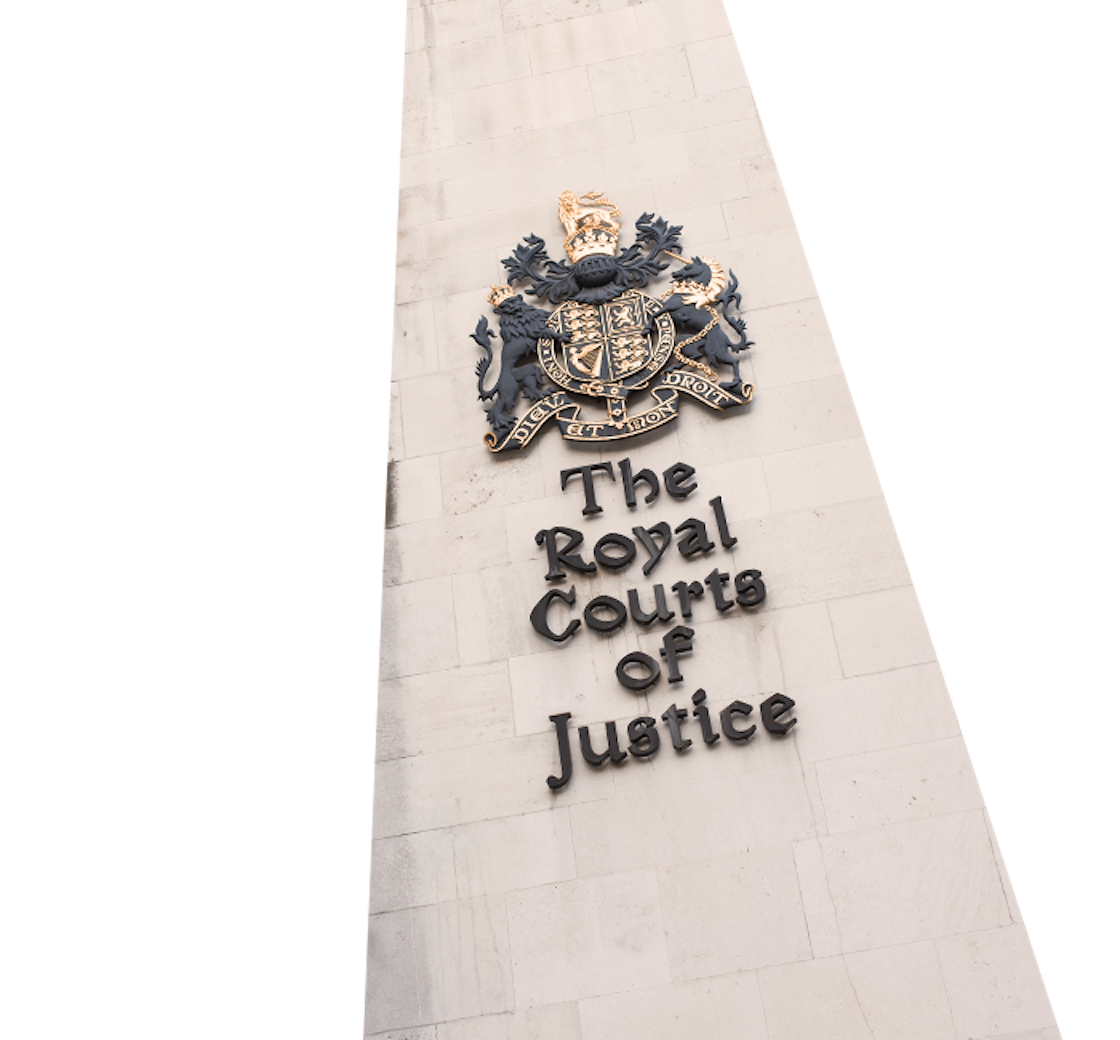
The Labour government’s commitment to introduce a single worker status could be the most significant piece of government intervention in the labour market for the self-employed since IR35.
First outlined in their manifesto and now confirmed to be part of an upcoming consultation before the end of the year, the proposal aims to extend employment rights to everyone except the ‘genuinely self-employed’. But to do that, the government will need to define self-employment in law – something that’s never been done before. In doing so, they’ll have to confront the long-standing complexities of employment status, many of which have remained unresolved since the Taylor Review back in 2017.
What’s the single worker status?
Labour’s manifesto commitment is to replace the current three-tier system used in employment law – employee, worker, and self-employed – so that it becomes just two: “worker” and “genuinely self-employed.” The idea is to extend employment rights to more people by collapsing the “worker” and “employee” categories into one, while carving out a separate status for those who are truly self-employed.
This sounds simple enough, but the devil is in the detail. How the government defines “genuinely self-employed” will be critical. Get it wrong by drawing up the definition too narrowly, and thousands of freelancers and contractors could find themselves being misclassified and falling into this single worker status. This is something we at IPSE are acutely aware of, and we will be making this case in the strongest possible terms as part of these discussions on employment status.
Could this remove the need for IR35?
One of the most intriguing possibilities is that this reform could remove the need for IR35 case law altogether.
If (that’s a big if) the government gets the definition of the “genuinely self-employed” right, then IR35 becomes redundant. There would be no need for subjective tests or tribunal battles, just a clear, statutory framework that everyone can understand and apply.
Obviously, take that with the pinch of salt it probably deserves. But, a willingness to engage on employment status should be welcomed by those of us that want to see an end to these deeply damaging rules.
What happens next?
The upcoming consultation will be a critical moment. It’s where the government will need to show its hand – how it plans to define the self-employed, what rights will be attached to the new worker status, and how it will ensure genuine freelancers aren’t caught in the crossfire.
We’ll be working closely with officials at the Department for Business and Trade to make sure these proposals reflect how the self-employed actually work. We’ll also continue our engagement with the Employment Status Consultative Committee – a group of external stakeholders that has been set up to present a united expert voice on employment status reform.
Together, we’ll be pushing for a definition of self-employment that protects freelancers, contractors, and the wider self-employed community. This is a once-in-a-generation opportunity to get employment status right. We intend to make the most of it.
Latest self-employed news and opinions
We review the top traits the self-employed look for in their clients, based on research.

This article debunks common myths about Making Tax Digital for Income Tax and explains what the April 2026 changes will actually mean for sole traders.

Are Generation Z really behind a side hustle boom, or is it all hype? After digging into the latest data, IPSE's Fred Hicks has the answer.






